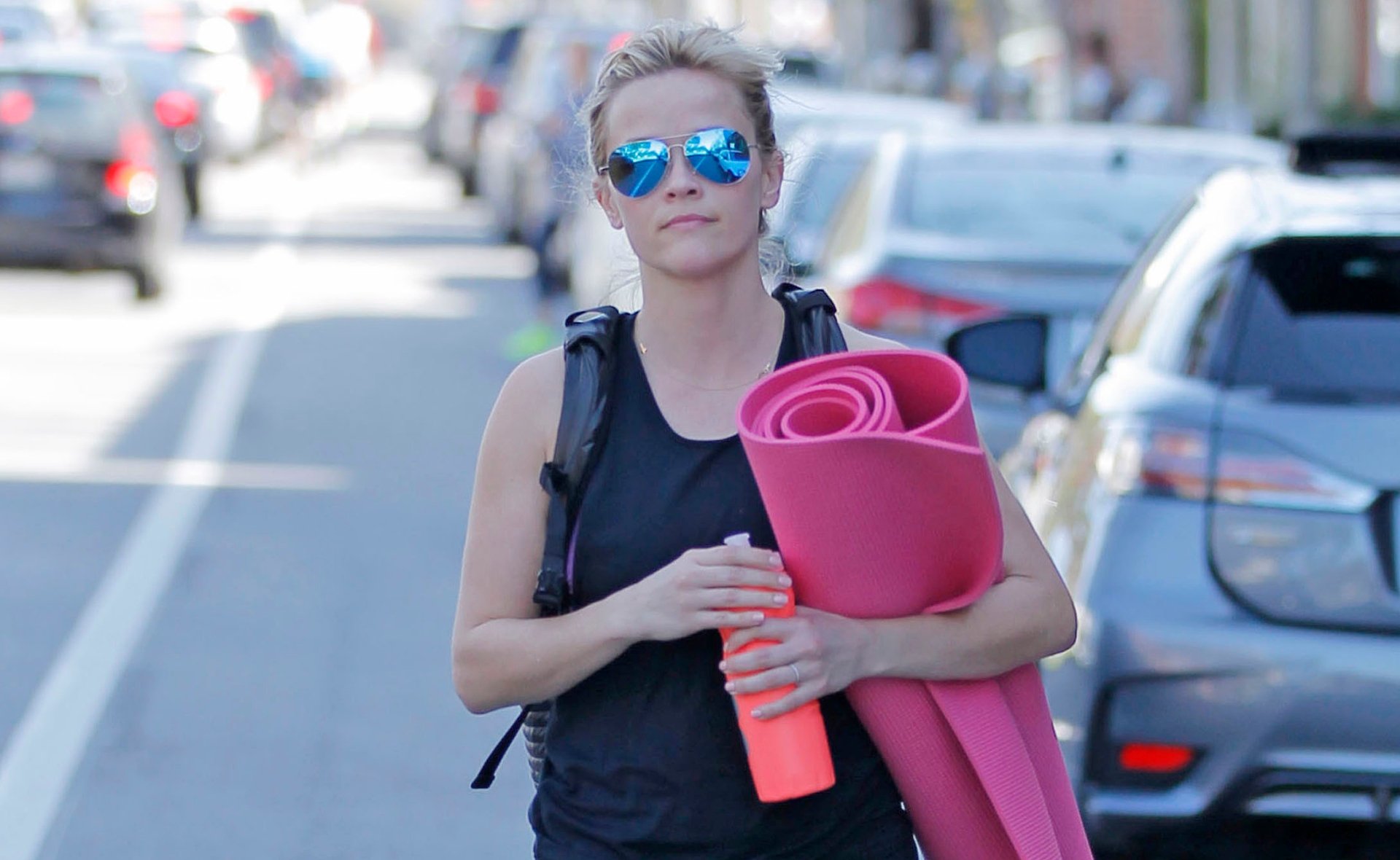According to Australia’s Infertility Network, 15 percent of couples have difficulty starting a family.
Alternative approaches counsel patients to restore balance to mind and body prior to conception, which is something many women desperate for a baby find difficult.
“If I had to describe a typical patient,” says natural fertility expert Francesca Naish, “she would be a stressed out, type A personality in her mid-30s with hormonal imbalances, who feels she’s running out of time.”
Here are some top tips to increase fertility and the chance of conception.
Detoxification
By the time most people want to start a family, they’ve already been exposed to many toxins that affect their fertility. Pesticides, organo-chlorines, lead, solvents, preservatives, nicotine, prescription drugs and alcohol all take a toll.
Then there’s the issue of xenoestrogens. These compounds, which are found in pesticides, fertilisers, and most plastics, fit into the cellular receptor sites for naturally occurring oestrogen. Once there, they can mimic oestrogen’s activity, thus increasing it.
Naturopath Lizzie d’Avigdor from Manly Natural Therapies says, “When I see ‘lumpy bits’ — fibrocystic breasts, ovarian cysts, fibroids — I know that patient has been exposed to too much oestrogen.”
She recommends couples trying for a baby try a gentle detox, using dandelion, schizandra and St Mary’s thistle to detoxify the liver, probiotics to re-establish beneficial gut bacteria, and herbal tonics.
Diet
In a study by the British group Foresight , 86 percent of infertile couples achieved healthy pregnancies following a program that included an improved diet.
“Women know folate prevents neural tube defects, but other nutrients are also important,” naturopath Rebecca Martin of CBD Natural Healthsays.
“Vitamin A is needed for healthy cilia in the fallopian tubes, which transport the egg. Selenium supports hormone production. Low zinc levels cause problems with sperm and egg production.”
D’Avigdor adds a special mineral to this list: potassium chloride, or PC73. “It helps alkalise over-acid mucus secretions, which create a hostile environment for sperm,” she says.
Acupuncture
Research shows that this therapy improves uterine blood flow, regulates menstruation and improves IVF success.
Traditional Chinese medicine (TCM) teaches that body parts are joined by meridians (invisible pathways) through which qi, or energy, flows. Illness — and infertility — arises when energy is blocked. Certain points on the meridians are stimulated by needles to rebalance energy flow and organ function.
“Matter follows energy,” acupuncturist Hong Curley says. “A woman who maximises correct energy flow around her body also maximises her conception chances.”
Herbs
Part of infertility remedies since 300 BC, herbs harmonise the endocrine system, which regulates menstruation. They can also increase sperm counts and strengthen reproductive organs in men and women.
Natural fertility management practitioner Claudette Wadsworth says factors predisposing infertility that respond well to herbs include polycystic ovarian syndrome, endometriosis and mild thyroid dysfunction.
However, because so many underlying conditions can cause infertility, she adds that herbs should only be prescribed by a qualified practitioner.
“Some herbs interfere with fertility drugs, and others are contra-indicated during pregnancy,” she says.
Your say: Have you had fertility problems?
Video: Fertility breakthrough




